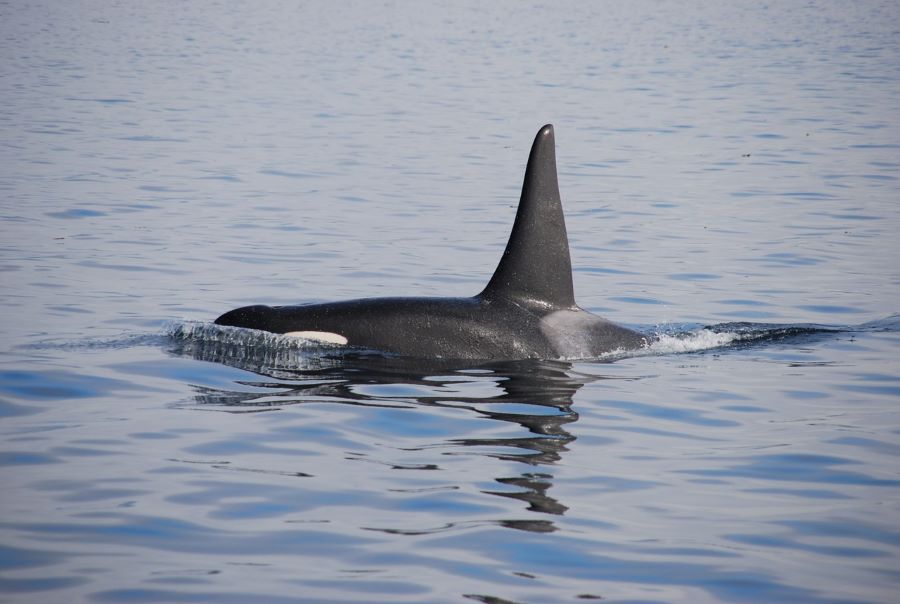A stretch of water on Spain’s southern coast has been declared a no-go zone for small boats after over 50 encounters reported with energetic orcas. 25 incidents resulted in boats being towed to shore.
A two-week ban means most vessels of 15 metres or less cannot sail near the coast between Cape Trafalgar and the small town of Barbate. This is the second time in less than a year the Spanish ministry of transport has taken action to address orca encounters.
Preventing further incidents with orcas
Last year’s ban applied to the coastal area of Galicia, with incidents mainly involving sailboats.
The most recent order was aimed at preventing “further incidents with orcas” the ministry said in a statement. “Since 27 March – the date of the first encounter [this year] – the cetaceans have had 56 interactions with small sailboats, at times causing rudder failure. Up to 25 cases required the services of Spain’s maritime rescue to tow vessels into port.”
The order comes after three separate encounters with orcas were reported in the area within five hours. Two of the boats suffered rudder damage. As a result, they were towed to port.
Reports of run-ins surfaced in July and August last year, along the coast of Spain and Portugal. Sailors shared stories of rammed rudders and boats spun 180 degrees or tipped sideways.
Scientists struggle to explain the encounters. “These are very strange events,” cetacean researcher Ezequiel Andréu Cazalla told the Guardian last year. “But I don’t think they’re attacks.”
Anger or exuberant fun?
Several scientists pointed to the stress on the endangered Gibraltar orcas as they navigate life in a major shipping route. The affect of shipping has left the population reduced to fewer than 50 individuals.
The encounters appear to have stated as marine traffic picked up after two months of reduced noise during the pandemic. One marine biologist speculated the orcas could be expressing anger as whale watching and fast ferries returned to the water.
Others suggest it cold be a few rowdy orcas who are having a bit too much fun. “We’re not their natural prey,” Bruno Díaz, a biologist at the local Bottlenose Dolphin Research Institute, told the Associated Press last year. “They’re having fun – and maybe these orcas have fun causing damage.”
Three orcas responsible for most encounters last year
In October a working group of Spanish and Portuguese experts said it had identified three orcas present in 61% of incidents. The group suggested the “unprecedented” behaviours could be linked to an earlier “aversive incident” between the orcas and a vessel.
“For the moment, we have no clear evidence of when it happened, nor can we say for sure what kind of boat may have been involved, nor whether the incident was accidental or deliberate,” it noted in a statement.


